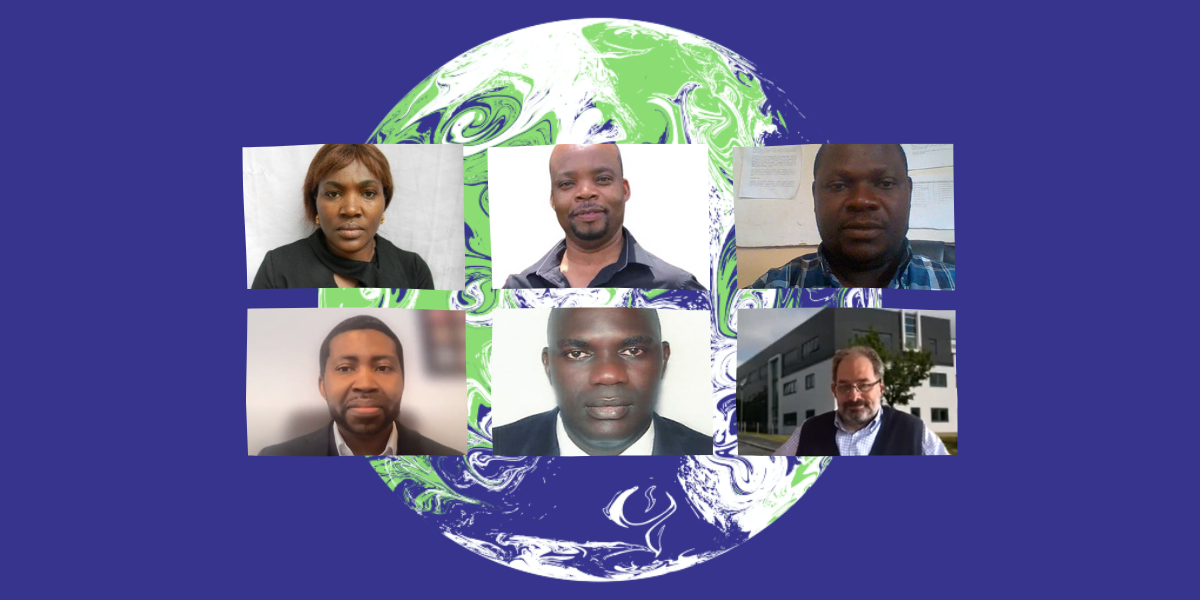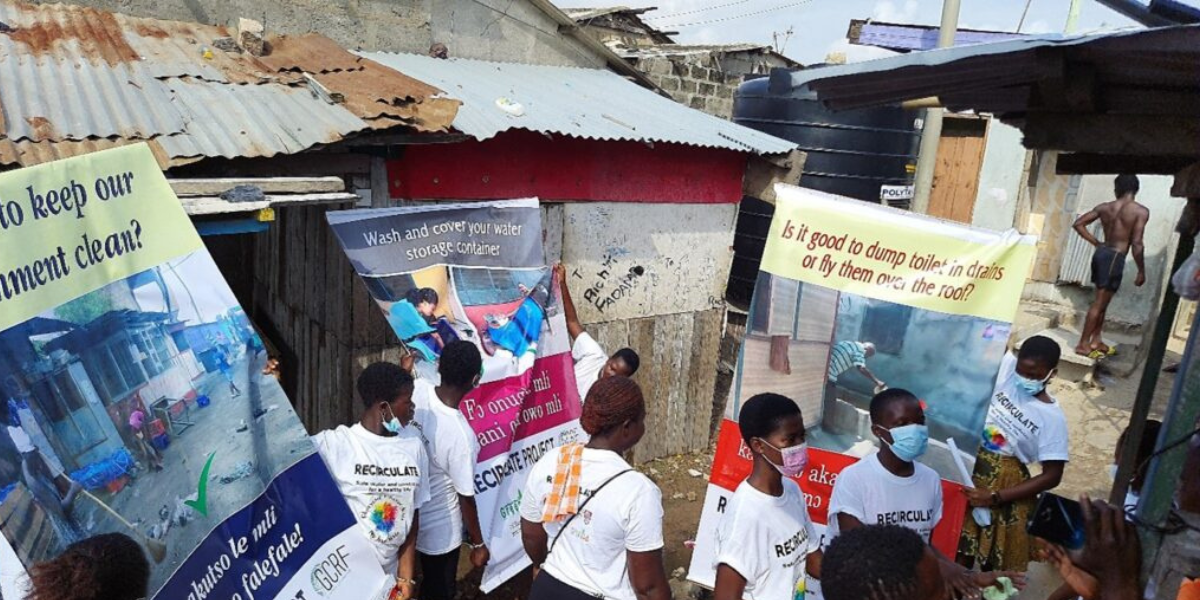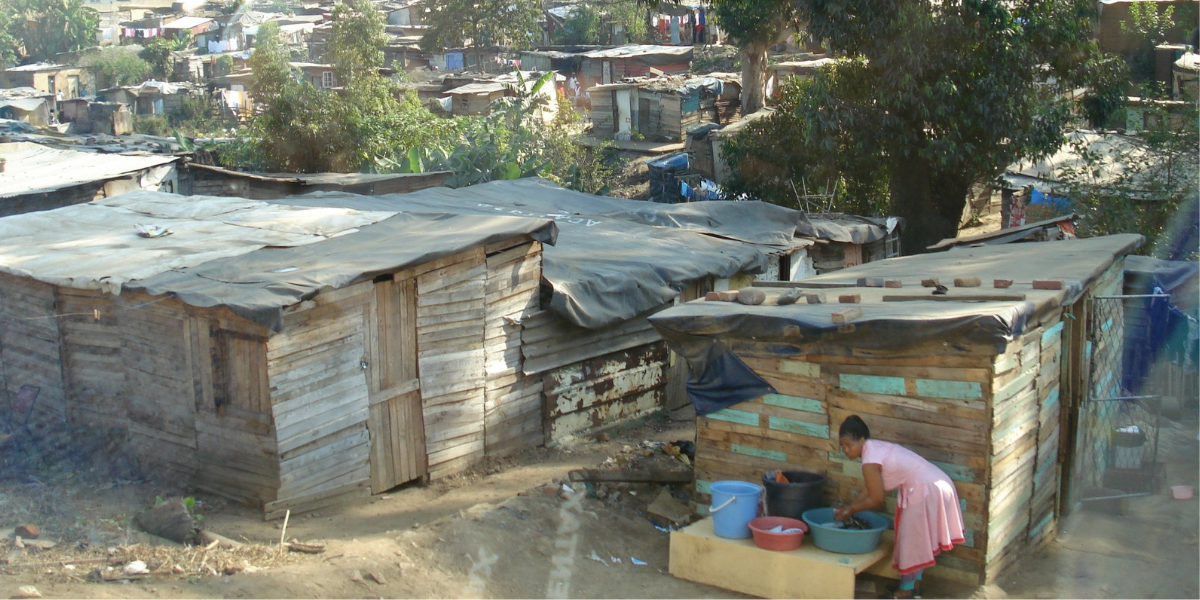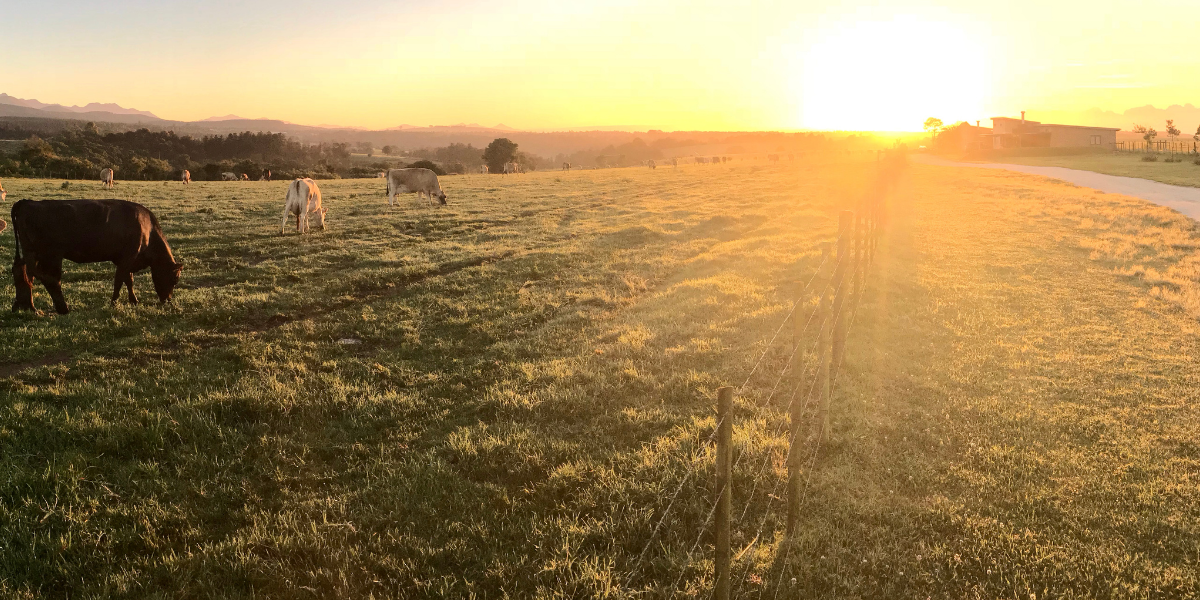
In November 2021, the focus of our PARTICIPATE engagement remained on COP26 and circular solutions for Africa. On 25th November our ‘What’s next for Africa after COP26’ webinar hosted a round table debate to reflect on the challenges and opportunities to deliver the commitments of COP 26. Moderated by Dr Akan Odon and the RECIRCULATE team, the webinar featured speakers from Mzuzu University, Malawi, Technical University, Kenya, Botswana International University Of Science And Technology (BIUST), Botswana and Copperbelt University, Zambia.
Dr Gloria Ozor, Senior Lecturer Technical University Kenya presented her views on deforestation and highlighted the importance of grassroots movements to drive and implement change. Gloria explained the importance of community engagement and education, and other factors which must be in place for the success of new policies which aim to stop deforestation by 2030.
Dr Emmanuel Ogbomida, Director of Research, Innovation and Consultancy at Copperbelt University, focused on governmental efforts which have been unable to address deforestation issues. He stressed the importance of authorities providing a cheap form of clean energy to replace biomass.
Prof. Wales Singini, Director of Research, Mzuzu University Malawi shared his views on deforestation, with energy being a key underlying issue. Specifically in Malawi, where its population in urban as well as rural areas still rely on firewood and charcoal, with 86% of the country’s total energy use coming from biomass and 96% of households using firewood or charcoal for cooking (Zalengera, 2014). The overall consumption of wood exceeds sustainable supply to such an extent that the net loss of forest reserves in Malawi each year is over 50,000 hectares (REEEP, 2012).
Dr Dimane Mpoeleng, Technology Transfer Director, BIUST Botswana explored additional challenges around green biomass, speaking on its importance as a material for industry in Africa. He proposed that the focus for deforestation cannot be strictly around energy and the other causes of deforestation need to be addressed.




